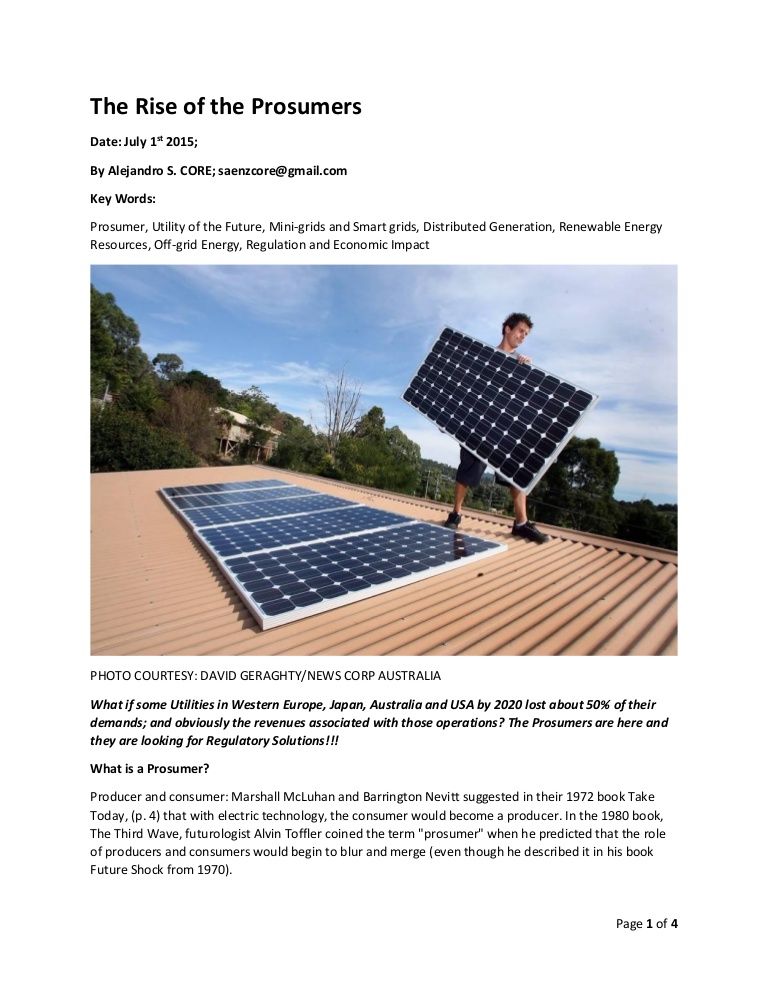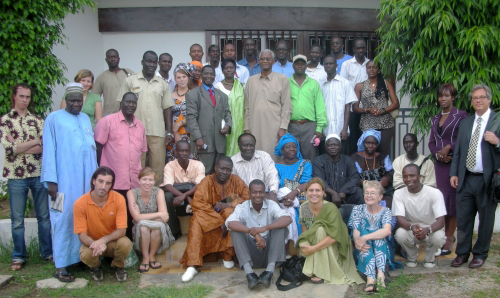The Obama administration’s desire for “fast track” trade authority is not limited to passing the Trans-Pacific Partnership (TPP). In fact, that may be the least important of three deals currently under negotiation by the U.S. Trade Representative. The Trans-Atlantic Trade and Investment Partnership (TTIP) would bind the two biggest economies in the world, the United States and the European Union. And the largest agreement is also the least heralded: the 51-nation Trade in Services Agreement (TiSA).
On Wednesday, WikiLeaks brought this agreement into the spotlight by releasing 17 key TiSA-related documents, including 11 full chapters under negotiation. Though the outline for this agreement has been in place for nearly a year, these documents were supposed to remain classified for five years after being signed, an example of the secrecy surrounding the agreement, which outstrips even the TPP.
Would You Feel Differently About Julian Assange If You Knew What He Really Thought?
TiSA has been negotiated since 2013, between the United States, the European Union, and 22 other nations, including Canada, Mexico, Australia, Israel, South Korea, Japan, Norway, Switzerland, Turkey, and others scattered across South America and Asia. Overall, 12 of the G20 nations are represented, and negotiations have carefully incorporated practically every advanced economy except for the ” BRICS ” coalition of emerging markets (which stands for Brazil, Russia, India, China, and South Africa).
The deal would liberalize global trade of services, an expansive definition that encompasses air and maritime transport, package delivery, e-commerce, telecommunications, accountancy, engineering, consulting, health care, private education, financial services and more, covering close to 80 percent of the U.S. economy. Though member parties insist that the agreement would simply stop discrimination against foreign service providers, the text shows that TiSA would restrict how governments can manage their public laws through an effective regulatory cap. It could also dismantle and privatize state-owned enterprises, and turn those services over to the private sector. You begin to sound like the guy hanging out in front of the local food co-op passing around leaflets about One World Government when you talk about TiSA, but it really would clear the way for further corporate domination over sovereign countries and their citizens.
Reading the texts ( here’s an example, the annex on air transport services) makes you realize the challenge for members of Congress or interested parties to comprehend a trade agreement while in negotiation. The “bracketed” text includes each country’s offer, merged into one document, with notations on whether the country proposed, is considering, or opposes each specific provision. You need to either be a trade lawyer or a very alert reader to know what’s going on. But between the text and a series of analyses released by WikiLeaks, you get a sense for what the countries negotiating TiSA want.
First, they want to limit regulation on service sectors, whether at the national, provincial or local level. The agreement has “standstill” clauses to freeze regulations in place and prevent future rulemaking for professional licensing and qualifications or technical standards. And a companion “ratchet” clause would make any broken trade barrier irreversible.
It may make sense to some to open service sectors up to competition. But under the agreement, governments may not be able to regulate staff to patient ratios in hospitals, or ban fracking, or tighten safety controls on airlines, or refuse accreditation to schools and universities. Foreign corporations must receive the same “national treatment” as domestic ones, and could argue that such regulations violate their ability to provide the service. Allowable regulations could not be “more burdensome than necessary to ensure the quality of the service,” according to TiSA’s domestic regulation annex. No restrictions could be placed on foreign investment-corporations could control entire sectors.
This would force open dozens of services, including ones where state-owned enterprises, like the national telephone company in Uruguay or the national postal service of Italy, now operate. Previously, public services would be either broken up or forced into competition with foreign service providers. While the United States and European Union assured in a joint statement that such privatization need not be permanent, they also “noted the important complementary role of the private sector in these areas” to “improve the availability and diversity of services,” which doesn’t exactly connote a hands-off policy on the public commons.
Corporations would get to comment on any new regulatory attempts, and enforce this regulatory straitjacket through a dispute mechanism similar to the investor-state dispute settlement (ISDS) process in other trade agreements, where they could win money equal to “expected future profits” lost through violations of the regulatory cap.
For an example of how this would work, let’s look at financial services. It too has a “standstill” clause, which given the unpredictability of future crises could leave governments helpless to stop a new and dangerous financial innovation. In fact, Switzerland has proposed that all TiSA countries must allow “any new financial service” to enter their market. So-called “prudential regulations” to protect investors or depositors are theoretically allowed, but they must not act contrary to TiSA rules, rendering them somewhat irrelevant.
Most controversially, all financial services suppliers could transfer individual client data out of a TiSA country for processing, regardless of national privacy laws. This free flow of data across borders is true for the e-commerce annex as well; it breaks with thousands of years of precedent on locally kept business records, and has privacy advocates alarmed.
There’s no question that these provisions reinforce Senator Elizabeth Warren’s contention that a trade deal could undermine financial regulations like the Dodd-Frank Act. The Swiss proposal on allowances for financial services could invalidate derivatives rules, for example. And harmonizing regulations between the U.S. and EU would involve some alteration, as the EU rules are less stringent.
Member countries claim they want to simply open up trade in services between the 51 nations in the agreement. But there’s already an international deal governing these sectors through the World Trade Organization (WTO), called the General Agreement on Trade in Services (GATS). The only reason to re-write the rules is to replace GATS, which the European Union readily admits (“if enough WTO members join in, TiSA could be turned into a broader WTO agreement”).
That’s perhaps TiSA’s real goal-to pry open markets, deregulate and privatize services worldwide, even among emerging nations with no input into the agreement. U.S. corporations may benefit from such a structure, as the Chamber of Commerce suggests, but the impact on workers and citizens in America and across the globe is far less clear. Social, cultural, and even public health goals would be sidelined in favor of a regime that puts corporate profits first. It effectively nullifies the role of democratic governments to operate in the best interest of their constituents.
Unsurprisingly, this has raised far more concern globally than in the United States. But a completed TiSA would go through the same fast-track process as TPP, getting a guaranteed up-or-down vote in Congress without the possibility of amendment. Fast-track lasts six years, and negotiators for the next president may be even more willing to make the world safe for corporate hegemony. “This is as big a blow to our rights and freedom as the Trans-Pacific Partnership,” said Larry Cohen, president of the Communication Workers of America in a statement, “and in both cases our government’s secrecy is the key enabler.”

 Kumehin is now able to access the internet via her tablet.
Kumehin is now able to access the internet via her tablet.




















 Just a couple years ago, the structure above faced a similar issue and
Just a couple years ago, the structure above faced a similar issue and 






